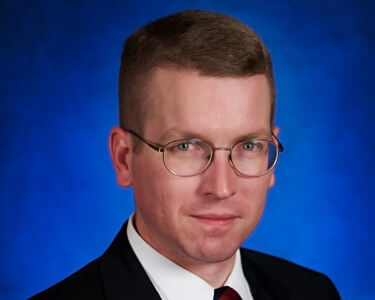
University officials decided to ban all student speakers because one of the speakers played a lead role in the graduating students’ plea to allow the traditional invocation and benediction at the event. ADF attorneys are giving the university until 5 p.m. Thursday to comply or face a federal lawsuit.
“Christian students shouldn’t be censored for expressing their beliefs. Retaliating against students who simply asked to exercise their freedoms at a public graduation ceremony by removing all student speakers is simply unacceptable,” says ADF Litigation Counsel Travis Barham.
“Prayers and similar forms of religious expression have been constitutional for centuries, and they are still protected by the First Amendment today. Our client was well within her rights to urge administrators to restore them to the program. The university is punishing all three students because it does not like the speech of one. This is both ridiculous and illegal.”
Here’s how the controversy started: In November, graduating students voted to include student speakers at the December pinning ceremony, which was rescheduled for January 21 due to inclement weather. One of those speakers later became a leading voice in the effort to restore the traditional prayers to that ceremony after WVU-Parkersburg nullified the students’ 40-to-4 vote to include prayers.
This action prompted ADF attorneys to send their first letter to the university in December, urging officials to reinstate invocations and benedictions at the ceremony and pointing out that federal appellate courts have unanimously upheld prayers at university graduation ceremonies. After receiving this letter, the university decided to drop all the student speakers from the pinning ceremony program, informing them of this decision on January 18. WVU-Parkersburg could not immediately be reached for comment.
In its second letter, ADF attorneys point out that the government may not retaliate against citizens for exercising their constitutional freedoms. Yet here, the ADF says, after choosing to include student reflections in the program and even choosing the students to deliver them, the university cut all three students from the ceremony because one of them became a critic of the administration and an advocate for public prayer.
“[The university] has amply demonstrated its disdain for its students and their liberties,” the second ADF letter reads. “From eliminating prayers that 90 percent of [nursing students] supported to now ignoring them on all three issues, it has shown that voting is merely an archaic ritual that has meaning only if the administration likes the results..” ADF attorneys continue in the letter by observing that the university “has shown that those who take a lead role in sparking peaceful debate, asserting their liberties, and differing with administrators, will be targeted for retaliation and reprisals.”












